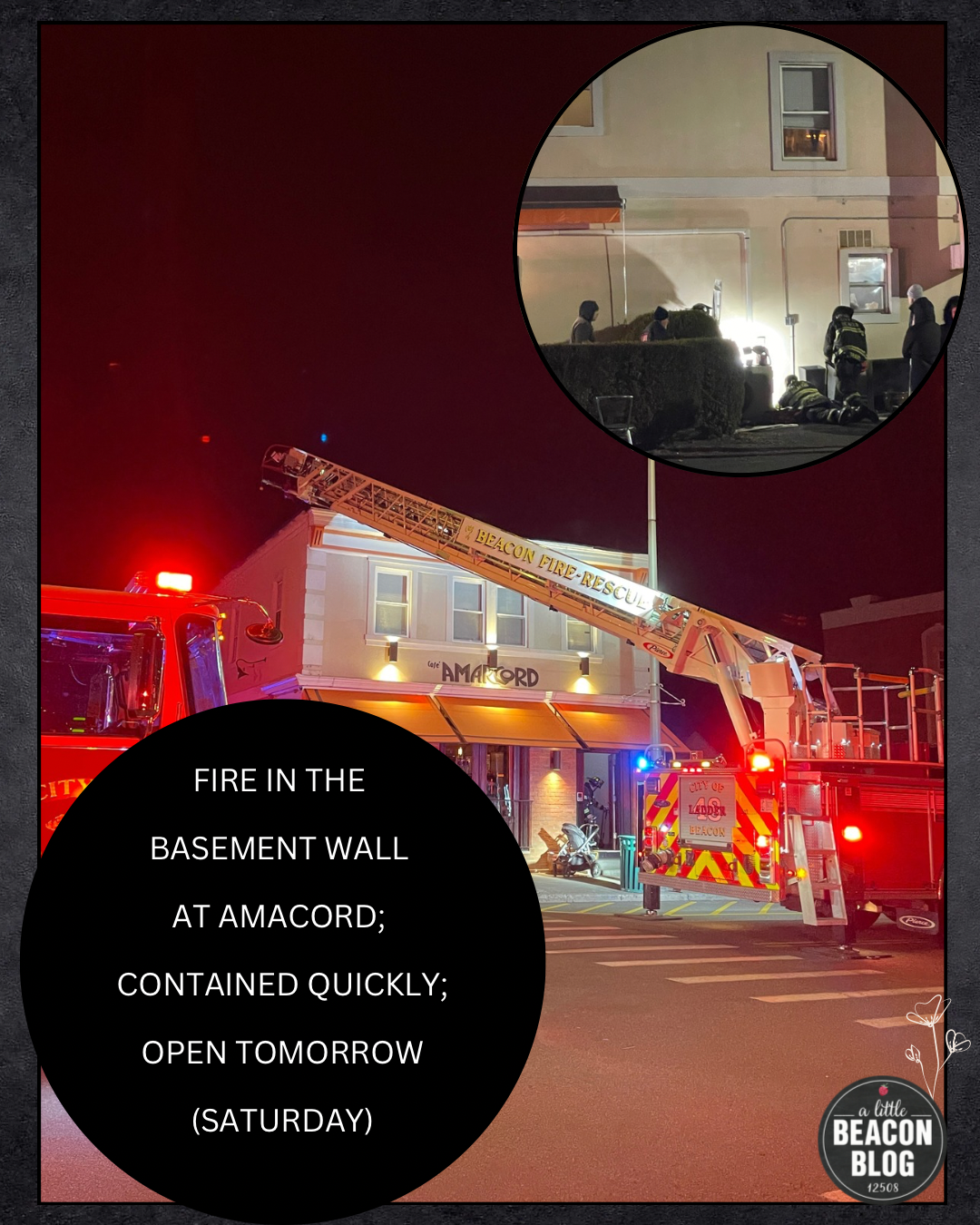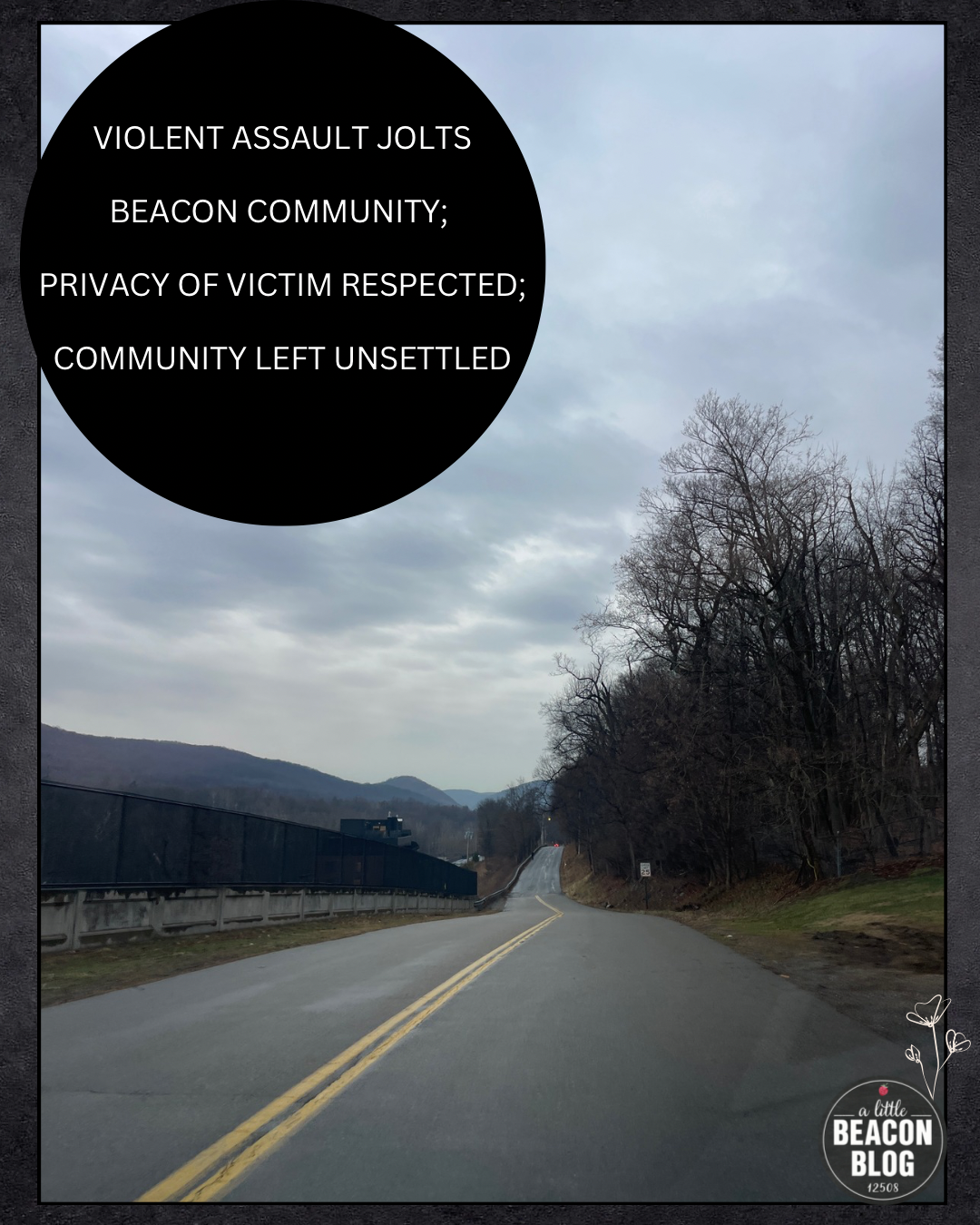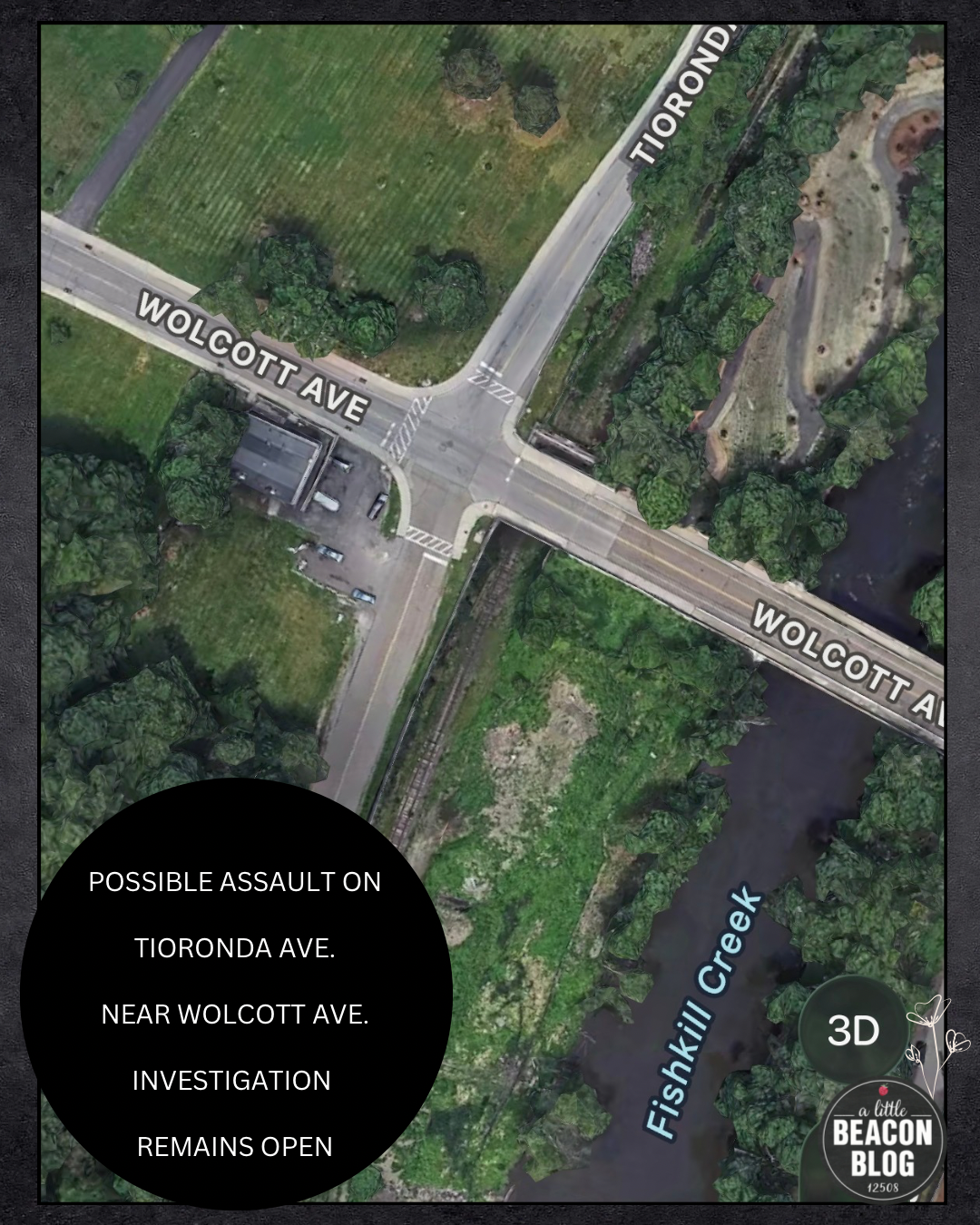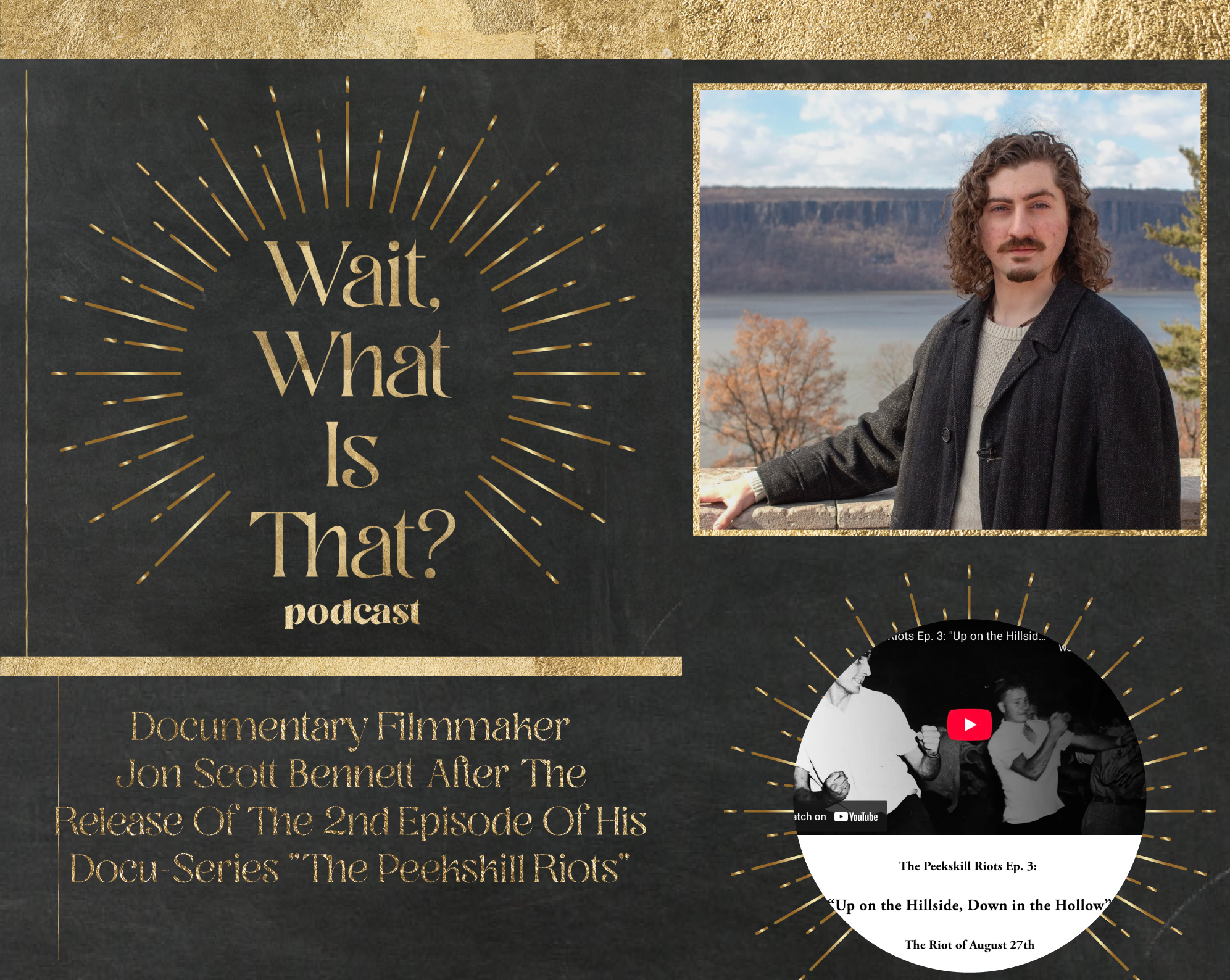Ramadan and Eid Al-Fitr Celebrated Today (Sunday). The Intricate Images Of Mosques and Moons Explained
/PIctured here are “Mammoul cookies, which are tea cookies stuffed with dates (spiced with cardamom) and are traditional across Arab culture and popular on Eid in Muslim countries. The tea is Yemeni style black tea, which means it’s brewed loose leaf and steeped with mint and cardamom,” explains the writer, Izdihar.
Photo Credit: Izdihar Dabashi
Editor’s Note: During quarentine for this coronavirus pandemic, holy holidays like Easter and Passover were experienced in this unknown time. Ramadan, the month-long Muslim holiday started shortly after, and ends today (Sunday) with a celebration of Eid Al-Fitr. A Little Beacon Blog asked writer Izdihar Dabashi to explore the holiday with us, to come closer understanding to what many in Beacon’s community are celebrating today. Take it away, Izdihar!
If you’re scrolling through images of lanterns and intricate graphics of mosques and moons on social media and wondering what about Ramadan, you are not alone. As a Muslim with plenty of non-muslim friends, I can confidently say most of my friends were unaware of what occurs during the Islamic holy month until I explain the significance of this month.
First and foremost, Ramadan celebrates the month in which the Qur’an, the Islamic holy book, was first revealed to the Prophet Muhammad (peace be upon him). Ramadan begins on the 9th month of the Islamic lunar calendar that varies due to the cycle of the moon. The first sighting of the crescent of a new moon indicates the beginning as well as the end of the month of Ramadan.
During the month of Ramadan, Muslims fast from sunrise to sundown in which they refrain from food and drink. Anyone of good health is expected to fast excluding young children, pregnant/breastfeeding and menstruating women, travelers, those in battle, and people with any health condition in which fasting may risk their well-being. Muslims wake up before sunrise for suhoor, which is an early morning meal before the beginning of the fast. After sunset, Muslims break their fast with the after sunset meal is known as iftar. Traditionally, as set by the Prophet Muhammad’s example, the fast is broken by eating dates but it is not mandatory.
Side Note: I have Ramadan to blame for my obsession with dates. Seriously, you won’t understand the value of dates until you have them spiced with cardamom and stuffed in a maamoul, a traditional Arab tea cookie. To be fair, dates are eaten in their natural form when breaking fast, so perhaps my obsession with dates in dessert is no one’s fault but my own.
The significance of Ramadan goes beyond refraining from food and drink. It’s a month of dedication to the cleansing of your mind and body. Reconnecting to your spirituality occurs through intentionally devoting time to prayer, family and community, and faith. Muslims pray 5 times a day- dawn (Fajr), early afternoon (Duhr), late afternoon (Asr), sunset (Maghrib), and night (Isha’a). The spiritual, physical, and mental act of prayer remains constant all year but Ramadan encourages greater time spent on reading the Quran and praying Du’a, a type of prayer best described as making requests such as asking for Allah (the Arabic word for God) for strength, peace, or more personal supplications.
Allah is believed to ascend to the lowest rank of the sky, referred to as the heaven, every night of the year. Muslims believe that prayers have a greater chance of being accepted and forgiven during Ramadan, which may be explained by people holding an authentic intention during this month or the belief that the gates of heaven are open in the third part of the Ramadan night, a few hours before dawn. The Nabulsi Encyclopedia of Islamic perfectly describes the weight prayer holds for many Muslims, “work is based on vision and vision is based on light and prayer is light”.
Connecting to family and community is easier when you refrain from distractions and focus on priorities during this month of peace, Muslims abstain from listening to music, limiting excessive attention to our surface-level appearances, and entertainment television. During this month, being unkind, using foul language, displaying rude or aggressive behavior without attempting to redeem the harm you cause will result in your fast being unaccepted.
Since this month is spent effortfully limiting bad deeds and focusing on committing good deeds while connecting to the people around you, Muslims donate food and money. Some Muslims may focus on actively feeding a family, others may donate to charity or put together organizations for people in the community who need extra support such as someone with cancer needing assistance in covering medical bills.
When I reference the “community,” it does not allude to only Muslims, religion is not a barrier as to who Muslims choose to offer aid to, anyone they know who needs help will be cared for. Muslims are not awarded by Allah for committing charitable acts, they need to have an earnest intention and intentionally set aside what you can of money and time instead of simply giving away unwanted items around the house. Charity needs to be done wholeheartedly.
“The pandemic changed the bond that comes with the redemption of Ramadan. In my family, we’d usually try to invite people over for iftar or people would invite us, and soon the home becomes alive and filled with warm laughter as everyone bustles around the kitchen to prepare for breaking our fast. ”
Prior to the current pandemic, mosques are normally filled with people breaking their fast or coming to night prayer (Isha’a); especially weekends, when families are able to bring food and break their fast with other Muslims in the community. Some mosques even invite other faiths and non-Muslims to experience a Ramadan iftar. Muslims who are able to make it to the mosque after sundown will follow prayers lead by the Imaam usually to ask for forgiveness, peace, and relief in the world.
The pandemic changed the bond that comes with the redemption of Ramadan. In my family, we’d usually try to invite people over for iftar or people would invite us, and soon the home becomes alive and filled with warm laughter as everyone bustles around the kitchen to prepare for breaking our fast. After iftar and the final prayer of the night, we would gather in the living room with tea and dessert and experience time passing by as we exchange stories and laughter.
Nevertheless, the true spirit and purpose of Ramadan remain intact despite the various hardships experienced this year. Ramadan teaches mindfulness, empathy for those in need, generosity, and humbleness across generations. Any social confinements of age, socioeconomic status, and gender cease to exist in Ramadan. We become equals striving for balance and nourishing individual connection between God and oneself. Ramadan reminds you to be conscious of your role within the community and our earth.
The end of Ramadan is marked by Eid al-Fitr (prounounced “eed,” like “feed” without the f), the religious holiday to celebrate completing a month of fast. Muslims attend Eid prayer at the mosque held in the morning, listen to a khutba (a sermon), and give Zakat al-Fitr before the Eid prayer. In traditional Islam, zakat al-Fitr used to be a charity given in the form of food. In the United States, it is common for $10 to be donated for every household member, others may send money if they have family in different countries or they may gather people to donate to communities in need of money. It is only important for the donation to be made before the Eid prayer for it to be accepted as Zakat al-Fitr. After a morning spent in the mosque, Muslims spend the day with friends and family. Some may choose to dine at restaurants or celebrate outside while others may choose to prepare a feast at home. This year, many Muslims are using Zoom to connect with family or participating in drive-by parades. The pandemic may have brought on adversity but the spirit of Ramadan and Eid will only grow as Muslims are reminded of the blessings of proximity and kinship.







































